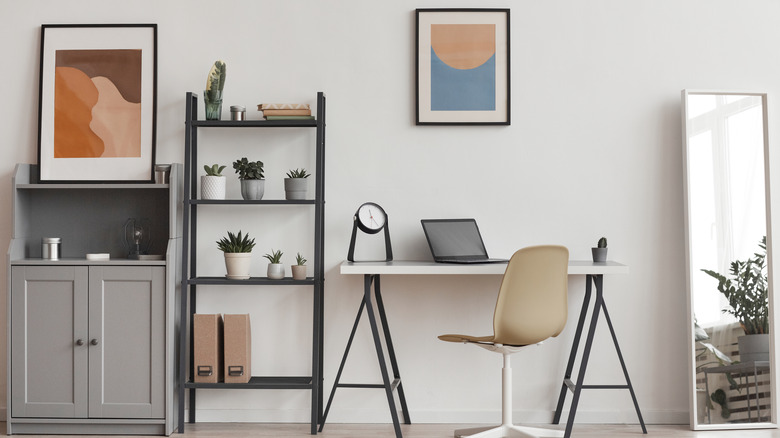Working from home can be difficult for some, especially those who struggle with ADHD. The American Psychiatric Association defines ADHD as a mental disorder distinguished by inattention, hyperactivity, and impulsivity that affects 8.4% of children and 2.5% of adults.
When speaking with the Society of Human Resource Management (SHRM), Belynda L. Gauthier — board president of the nonprofit organization CHADD (Children and Adults with Attention-Deficit/Hyperactivity Disorder) — described how symptoms of ADHD can affect employees’ productivity. She notes that while many adults with ADHD are capable of maintaining successful careers, some may grapple with things like time management, getting easily distracted, having difficulty completing complicated tasks, and interpersonal hardship as a result of unsatisfactory communication skills.
While Bob Cattoi, CEO of CHADD, agreed that employing people with ADHD has a risk of coming with some struggles, he added that many people with the same diagnosis can use those traits to their advantage, bringing creativity, inventiveness, boldness, and hyper-focus to their position (per SHRM).
On the other hand, Mental Health America acknowledges that working from home can be harder for those with ADHD who rely on the structure and support that comes with a designated work environment. Not only can it be arduous to stay on task and self-motivate when there are ample distractions and no supervisor physically present to help hold you accountable, but balancing home and work life with no distinct separation can cause additional stress, which is known to intensify ADHD symptoms.
Tips to make working from home easier

Working from home with ADHD might feel overwhelming sometimes, but there are some steps you can take to help support your productivity and ease your overall experience. CNN recommends planning out your day the evening before, making a list of what you have to get done and when, and making note of what takes priority.
They go on to stress the importance of making your work-from-home environment mirror your usual work environment by ensuring you have everything you need to be productive, avoiding setting up in places that might be too comfortable or distracting, and maintaining a clean space outside of work hours, so that your attention doesn’t shift to things that need to get done around the house while you need to be working.
Resume Supply also suggests starting your day the same way you would if you were heading out of the house for work. While they recognize that rolling out of bed a few minutes before clocking in might seem appealing, they note that it makes it harder to shift into a professional mindset.
They also stress the importance of combating “time blindness” — a symptom of ADHD that makes it difficult to accurately keep track of time — by scheduling breaks into your day. Clinical psychologist Lauren Powell recommends using timers to set up intervals of time dedicated to work and rest so you don’t get stuck in a position where you lose track of time.




